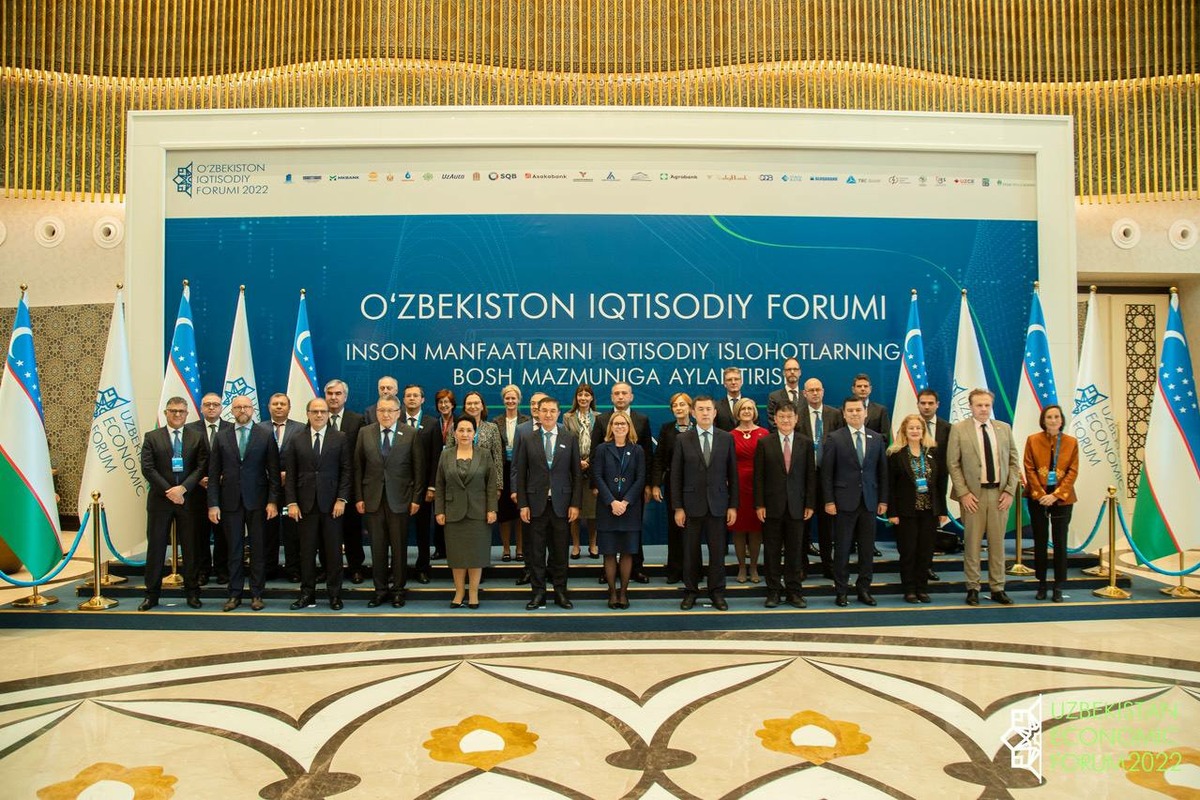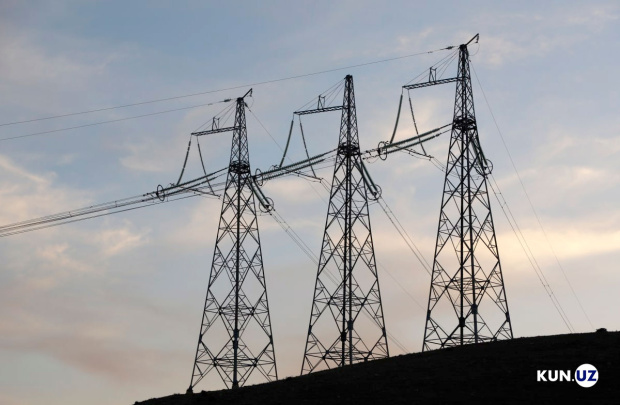The money is provided under agreements with the Asian Development Bank, the World Bank and other institutions. The main part of the fund will be directed to budgetary needs and infrastructure.
The agreement for the largest amount was concluded with ADB. Within its framework, Uzbekistan will receive $500 million to support countercyclical budget expenditures (BRACE) to ensure food security and social protection.
The Ministry of Finance agreed on the allocation of another $100 million to support budget expenditures with the International Islamic Trade and Finance Corporation (ITFC). In addition, the EBRD will provide $20 million to finance PPP development projects in the country.
ADB concluded another agreement with Uzbekistan - on the modernization of heating networks in Bukhara on the basis of PPP. At the first stage, the bank will provide a $100 million loan for this purpose.
ADB will also provide a $3.3 million grant to adapt water management in the Aral Sea basin to climate change. Earlier, the bank announced a $150 million loan for Uzbekistan, which will be used to improve irrigation in the region.
The Ministry of Finance will receive $100 million from the World Bank to finance a project to develop medium-sized cities, modernize their infrastructure and city services. AIIB will also provide the same amount for these purposes.
In addition, foreign organizations will act as consultants on PPP projects. ADB will be involved in the construction of kindergartens ($75 million) and medical centers in Andijan and Bukhara ($240 million), while the EBRD will take part in the construction of dormitories ($115 million).
Another 12 agreements worth $201 million were signed by commercial banks. More than half of this amount ($115 million) is allocated by the Islamic Corporation for the Development of the Private Sector.
Finance Minister Timur Ishmetov noted at the forum that Uzbekistan “does not have much space left” to increase its public debt. According to him, the financing of infrastructure already requires the development of PPP.






